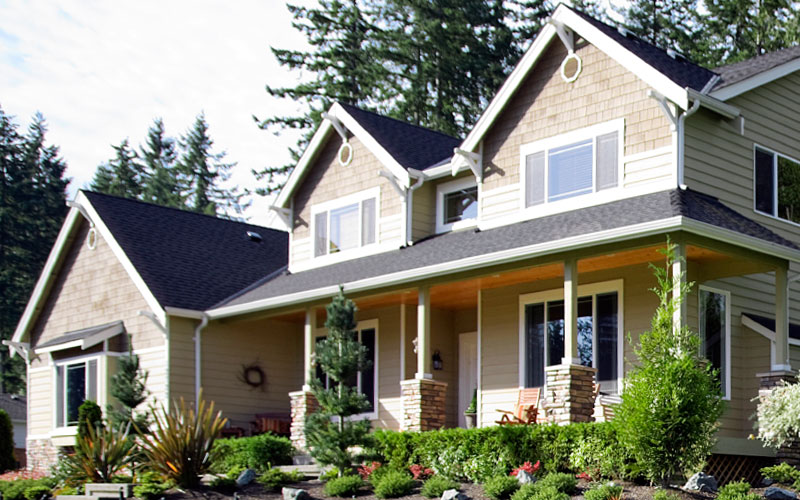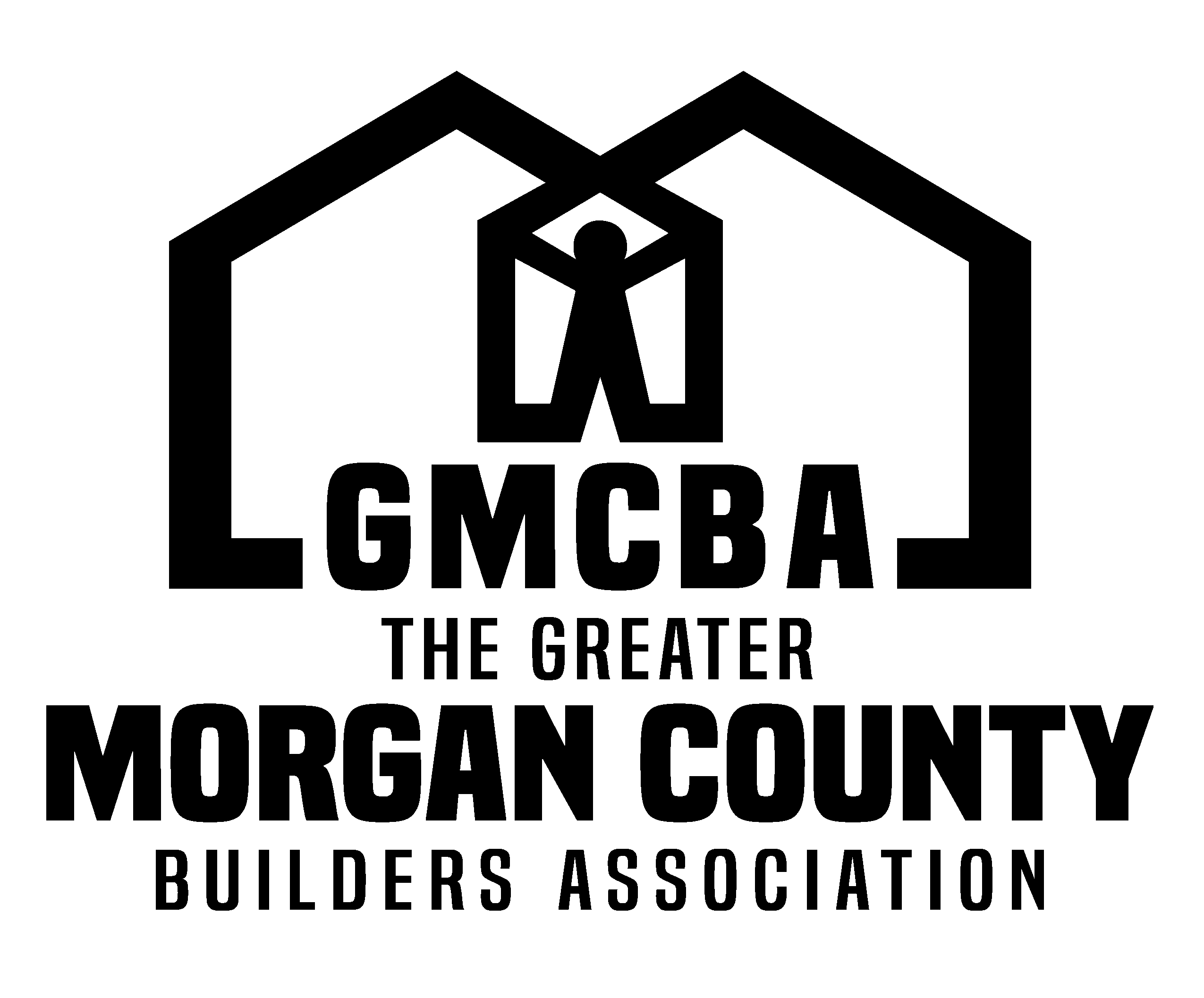Flipping Homes
By J. Seth Gowan • Alabama Deputy Attorney General

They make it look easy on television. The sales pitch given at traveling seminars is all about how it is the perfect way to make money. It is “flipping” of homes. The notion of flipping, or speculative remodeling, when done correctly and legally can be a good business model when that can provide both a high-yield return to an investor’s financial portfolio and quality renovated residences for potential homebuyers. Additionally, this adds to the long-term stability, property values and quality of life in neighborhoods and communities. The key is that it is done correctly. And correctly starts with having the proper license or hiring someone with a home builders license to handle the speculative remodel.
Take for instance the thirty-minute episode on HGTV, the host never mentions the license. But, if a person is going to engage in speculative remodeling, he or she needs to have an unlimited home builders license. Why? It’s simple. Let’s go back to the model. An individual identifies a house for sale. Assessments are made as to what the house is worth in its current state, what needs to be done to maximize resale value, and how much can be reasonably invested to accomplish that goal. And remember, the individual wants to execute all of this in as short of a time frame as possible. Because of the high-stake factors of time and money, the “flipper”, decides to act as his or her own contractor in order to save money.
The Home Builders Licensure Law and Regulations do provide for a "Homeowner Exemption”, allowing people to do work on their own home. However, offering the home for sale within one year of substantial completion is presumptive evidence of essentially unlicensed “flipping” and home building. People flipping houses will often get a Homeowner’s Permit and claim the exemption via an affidavit with the permit application. Then they offer it for sale as soon as the renovations are complete. At that point, they have perpetrated a fraud upon the municipal building department and have engaged in unlicensed homebuilding.
A person who flips and is not properly licensed, more than likely is going to break the law at some point, whether knowingly or not. Under Alabama law, if the cost of the undertaking exceeds $10,000 (labor, material, overhead and profits), then the flipper must be licensed. Even the most basic cosmetic work on a house will exceed $10,000 quickly.
The knowledge and skill level of flippers varies widely, and because of that, the housing market can become diluted with poorly and unsafely renovated homes. In a buyer beware market, the consequences can be devasting because it might be months or years later before someone realized their dream home is riddled with potholes of poor workmanship. They are left with a home filled of health and safety issues. Unchecked, the housing market is hit with a dangerous loss of consumer confidence.
The Home Builders Licensure Law was enacted to ensure that consumers are protected from poor workmanship that could compromise the various systems of a home and endanger the health, safety, and welfare of the occupant.
“Home builders may pose significant harm to the public when unqualified, incompetent, or dishonest home builders and remodelers provide inadequate, unsafe, or inferior building services. The legislature finds it necessary to regulate the residential home builder and home improvement industries.”
(Acts 1992, No. 92-608, p. 1282, S 1: Acts 2019, No. 19-482, S1)
This law, just like those regulating the plumbing, HVAC, electrical, and other related professions, focus on ensuring that the individual or business is competent and qualified before undertaking the task of improvement, remodeling or repair to a residential structure.
In conclusion, flipping and cutting corners to save money will eventually get the flipper in trouble and cause harm to consumers and the public. If you decide to get into speculative remodeling, get an unlimited Home Builders License or hire a licensed Home Builder to do the work.
Tips when considering buying a remodeled existing house:
• Ask the seller about all the work done and who did it.
• Ask to see the license for all professional trades involved. Home builder, Electrical, Plumbing, HVAC.
• If in a jurisdiction that does permits and inspections, get all of those records from the seller or the local building department.
• Hire an independent third-party inspector.
• Report possible unlicensed flippers to the Home Builders Licensure Board.
